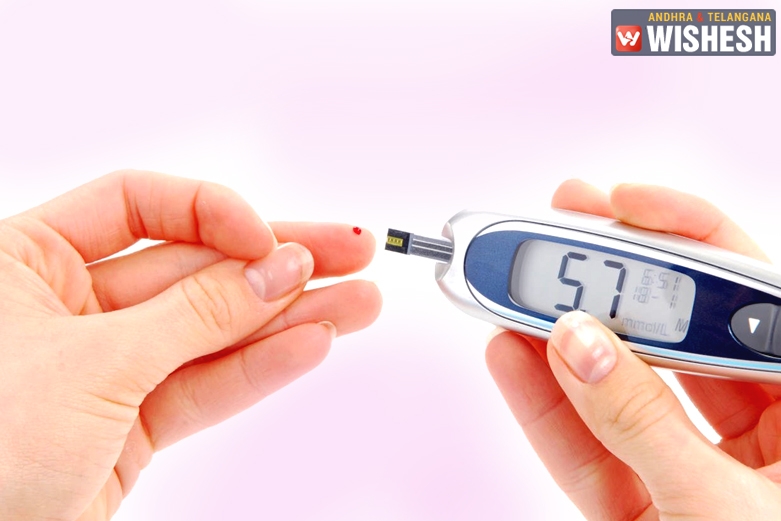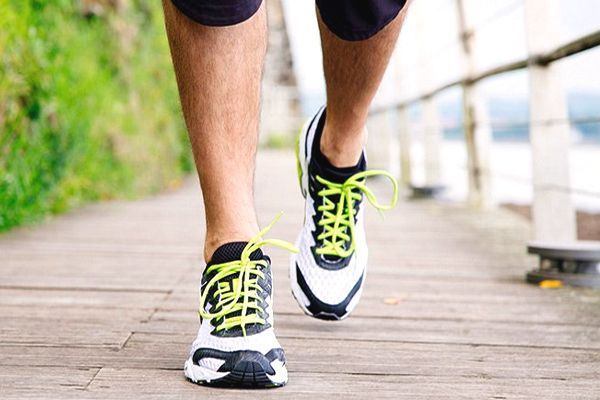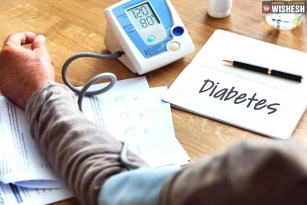Walk After Every Meal, Reduce Chances of Getting Type II Diabetes
October 19, 2016 10:04
Diabetes is one disease nowadays everyone has. It can be either genetic or because of your lifestyle. According to the recent study, experts have found that after every meal all diabetic patients should take a ten-minute stroll. This could help all people suffering from type two diabetes to control their condition.
The study also said that "patients who exercised three times a day, after breakfast, lunch, and dinner, had lower blood sugar levels than those who went for a single 30-minute walk each day. People with type two diabetes are currently encouraged to carry out regular physical activity - but are not given advice about when to do this exercise."
Results of all scientists which were published in the Diabetologia medical journal had called for a change in guidelines.
They also found that blood sugar level got dropped by 22 per cent for all those who immediately walked after their meals. People who only walked for one time in a day saw the sugar level drop by 12 per cent.
The researchers, from the University of Otago in New Zealand, wrote: "Although the prescriptions were matched in total walking time, the advice to walk after each main meal resulted in significantly greater overall activity. The improvement in overall postprandial glycemia was largely accounted for by lower blood glucose levels after the evening meal when carbohydrate consumption was high and participants tended to be more sedentary."
After conducting research on their 41 volunteers, the scientists came to a conclusion that through this people will more likely to go short walks several times a day, instead of taking the long walk in the whole day.
The exact reason why walking after having meals was not known, but previously the research which was conducted by the researchers suggested that when a diabetic person walks after having a full fledged meal, it helps to transport the newly digested glucose transfer into muscle cells, without the need of using insulin.
A second study, also published in the Diabetologia journal, suggests that regular exercise by healthy people significantly reduces they chance they will develop diabetes in the first place.
In a recent study carried out by the University of Cambridge and University College London stated that all the people who are suffering from type one diabetics should walk for 30 minutes a day for five times a week. By doing this it can help them to lower the chances of getting type two diabetes for about 26 per cent. Researchers say that the more exercise they do, the greater the benefit.
Usually, all doctors suggest that every person should have some amount of physical activity either by walking or by exercise or by doing any form of activity. The People who carry out an hour of exercise every day reduce their risk of by 40 percent, independent of other factors such as diet.
The study also says that "more than 4 million people in the UK have type two diabetes, and 12million more are at risk of developing the disease. The NHS advises that everyone does moderate exercise such as walking, cycling or swimming at least 150 minutes a week, or 30 minutes five times a week. But surveys have revealed that 44 per cent do no regular exercise at all."
Researcher Dr. Soren Brage, of Cambridge University, said: ‘This research shows that some physical activity is good, but more is better.’
Study leader Andrea Smith, of UCL and Cambridge, added: ‘Our results suggest a major potential for physical activity to slow down or reverse the global increase in type two diabetes.’
Also Read: Damage air pollution does, to women with diabetes!
BY M. DIVYA SRI

























